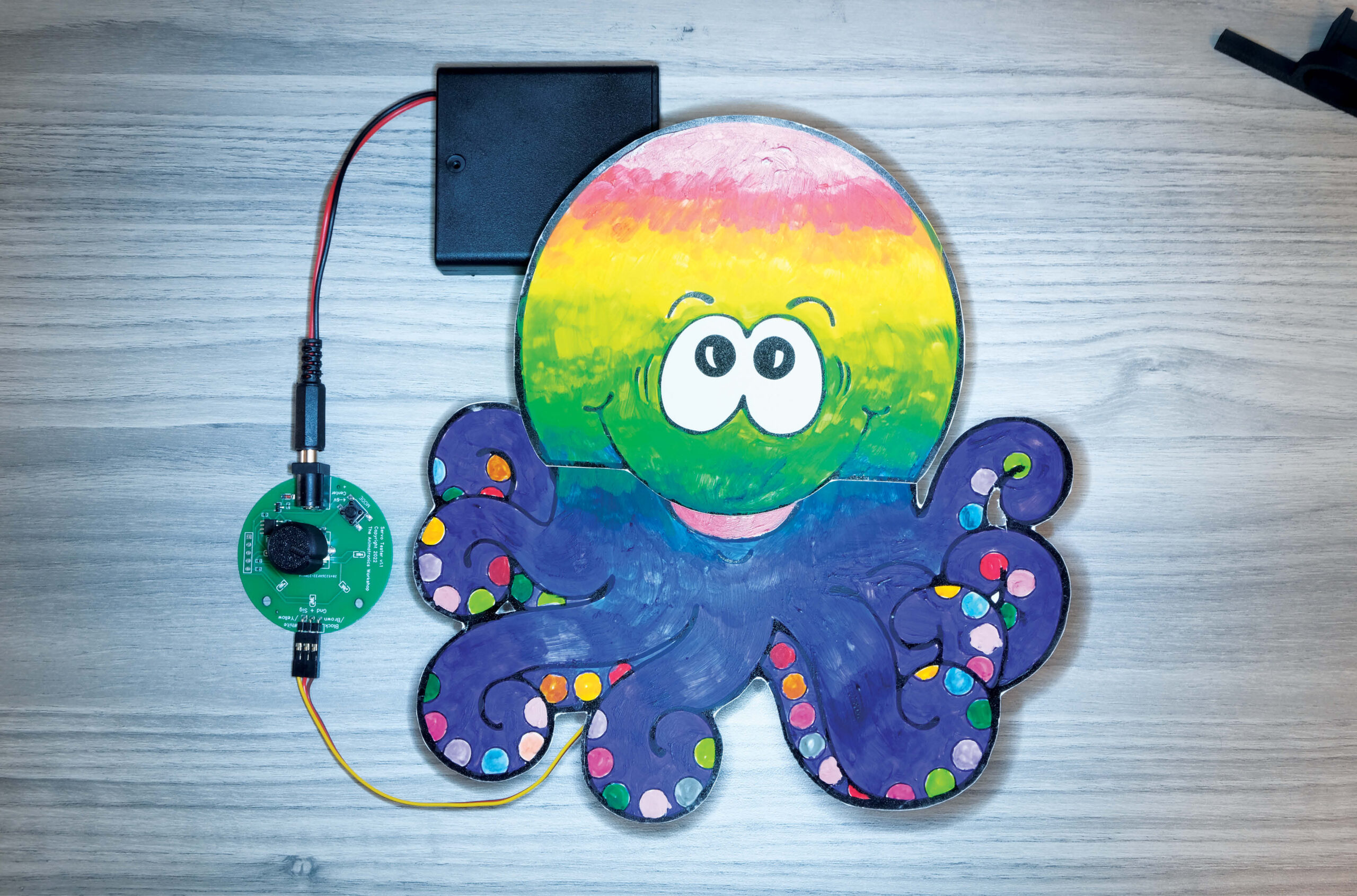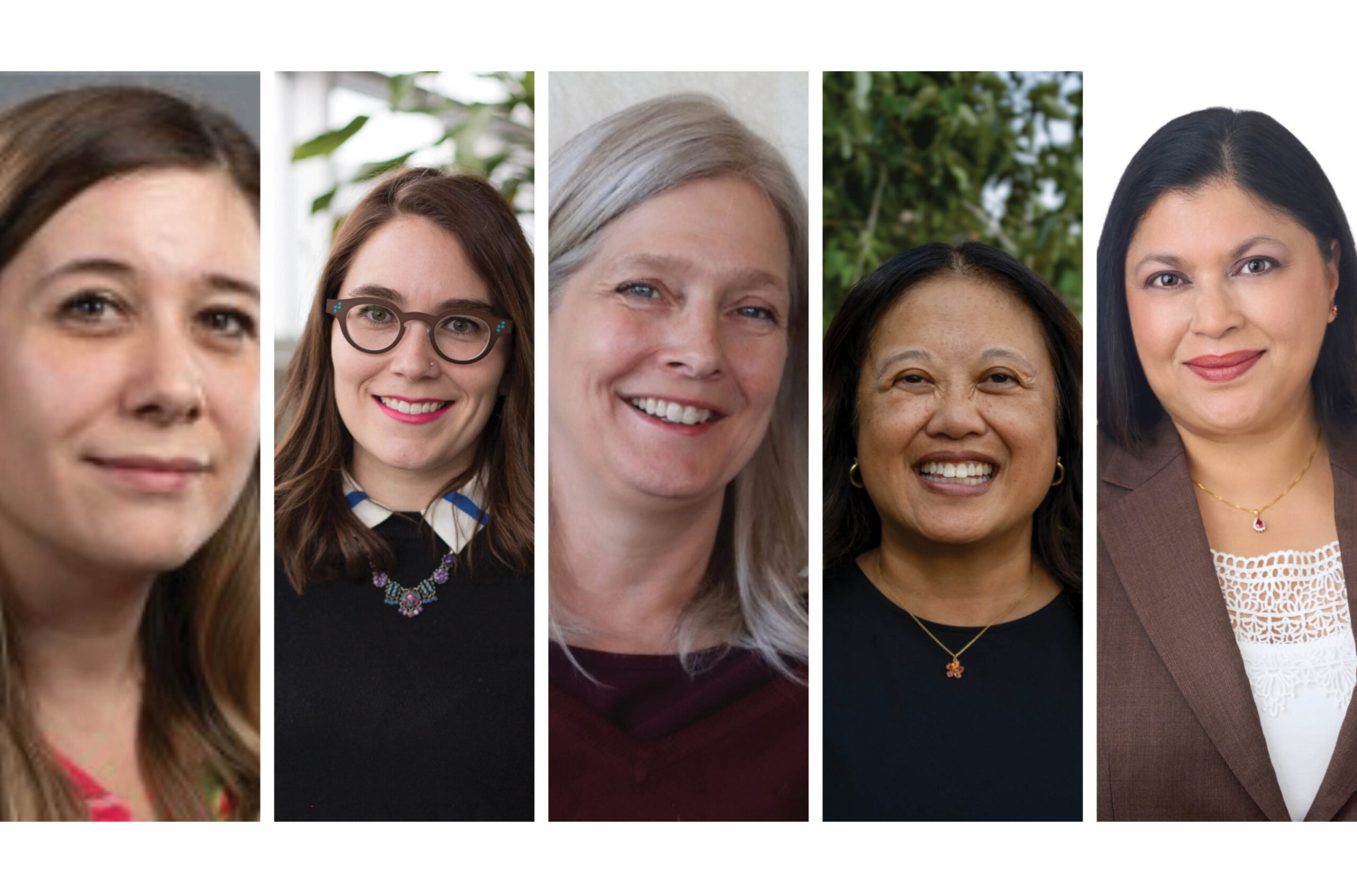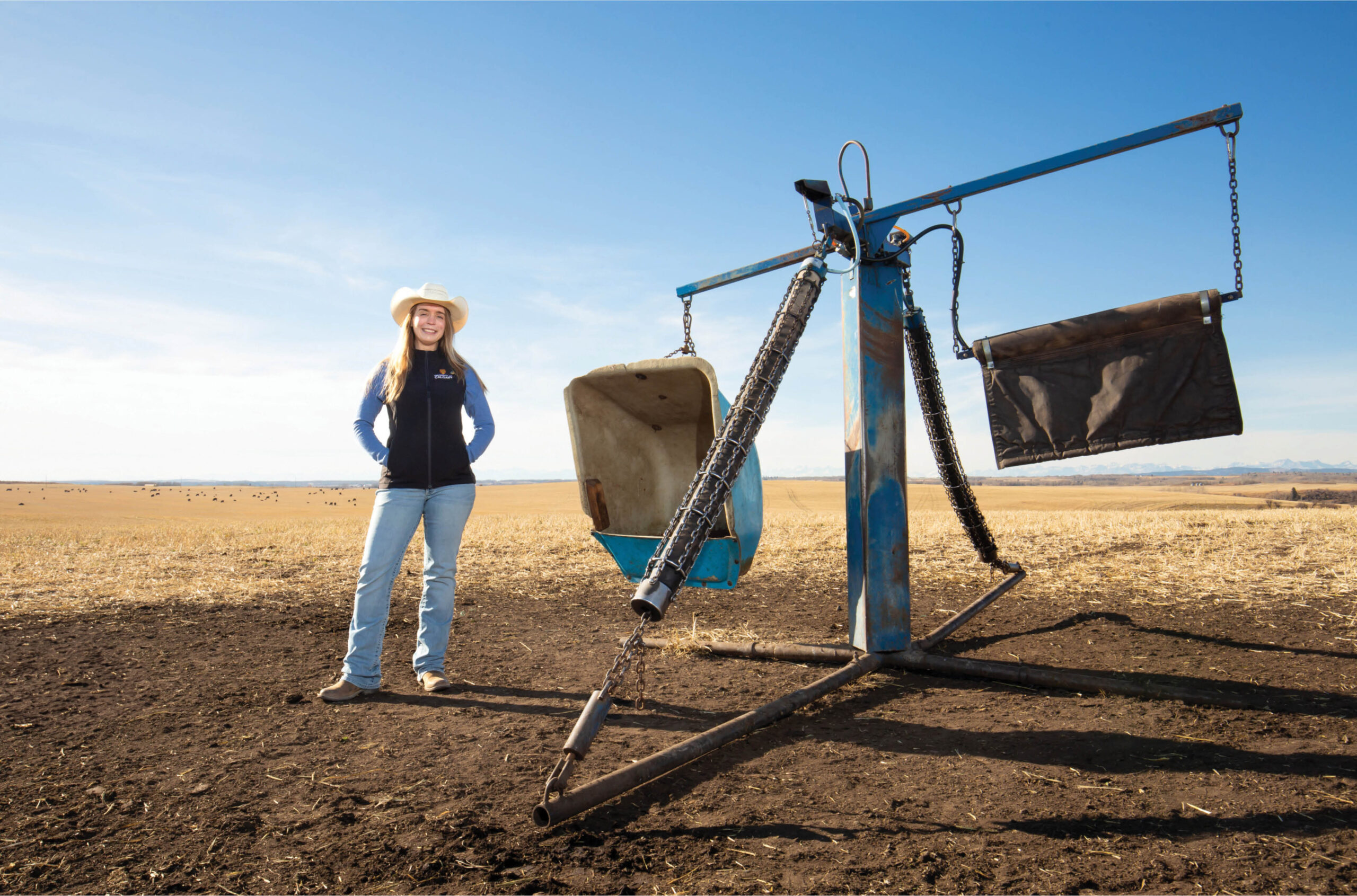U of T prof’s animatronic puppets are inspiring kids to use tech as a tool for creativity
‘It’s a bit of a stealth STEM program.’

In 2006, electrical engineer Paul Dietz was volunteering at an after-school robotics club in Cambridge, Mass., and took his craft-loving, fifth-grade daughter to see one of the robo-sport competitions, which included robots throwing balls and moving blocks on a gladiator-game-style pitch.
“Dad, I hate this,” she said, confirming Dr. Dietz’s worry that he was not achieving his goal of attracting anyone except middle-class boys to STEM, nor was he showing off science’s creative potential.
Dr. Dietz started his career teaching at Bucknell University in Pennsylvania, then designed animatronics for Disney and was at Mitsubishi Electric’s research lab at the time. (There, he invented an early-stage touchscreen, the technology for which the company shared. Many of today’s touch-based electronics stem from this invention while one his interns helped develop the first iPhone.)
“Maybe it’s the sports model,” he remembers thinking. “So, let’s do a theatre model.” Dr. Dietz and his wife, Catherine, also an electrical engineer, took a raccoon puppet and some robotic controllers to a nearby middle school and offered to run a club that would put on a show using puppets and programmed lights, sound and motion. Just as many girls as boys signed up.
“This is not just about teaching STEM, it’s much more about how to be creative across different disciplines,” said Dr. Dietz. His Animatronics Workshop, where kids create robotic puppets, has run at various schools and camps over the subsequent years.
Dr. Dietz is now a distinguished engineer in residence in the department of computer science at the University of Toronto. “They created a position for me and gave me the charge of doing this in Canadian schools across the country.”
Daniel Wigdor, professor and associate chair of partnerships and innovation for computer science at U of T, brought Dr. Dietz to the university. Mr. Dietz got connected with U of T in 2021 via former colleague Daniel Wigdor, professor and associate chair of partnerships and innovation for computer science. The department had done something like this before, when it helped Ontario schools teach computer programming in the 1980s and 1990s. Plus, the university’s Ontario Institute for Studies in Education (OISE) was always game for collaboration.
“We are big believers in closing the digital divide by improving accessibility to different communities that traditionally haven’t had access to technology and closing the gender gap in computer science,” said Dr. Wigdor. “We see the Animatronics Workshop as helping us do these things.”
Mr. Dietz took on a permanent position in 2022 that entails some teaching, so he divides his time between Toronto and his family home in Seattle, based around his classroom commitments. Dr. Dietz is currently rebranding the workshop as StoryTech and creating a company under the same name to sell low-cost product kits to K-12 schools. The kits will feature age-appropriate hardware and guidance. Younger children get simple boards to make a show where two puppets have a conversation, while teens can use more elaborate hardware connected to phones or laptops to control lights, motion and sound.
As Dr. Dietz partners with nonprofits and the University of British Columbia to apply for grants, the program has been tested at the OISE lab school with students in grades 2 and 6, and will soon go through a pilot in the Peel District School Board in Ontario.
For Dr. Dietz — who has had a busy career in academia and industry, and is still developing new, interactive technologies — it’s a surprise to see his longtime side hustle become a university-supported project in Canada.
He hopes it will both recruit more young people to science and technology and demonstrate that innovation is part and parcel. “It’s a bit of a stealth STEM program,” Dr. Dietz said. “It’s about doing storytelling and using technology in that context, hopefully helping students realize that technology can be a tool for creativity.”
Featured Jobs
- Business – Lecturer or Assistant Professor, 2-year term (Strategic Management) McMaster University
- Veterinary Medicine - Faculty Position (Large Animal Internal Medicine) University of Saskatchewan
- Canada Excellence Research Chair in Computational Social Science, AI, and Democracy (Associate or Full Professor)McGill University
- Psychology - Assistant Professor (Speech-Language Pathology)University of Victoria
- Education - (2) Assistant or Associate Professors, Teaching Scholars (Educational Leadership)Western University
















Post a comment
University Affairs moderates all comments according to the following guidelines. If approved, comments generally appear within one business day. We may republish particularly insightful remarks in our print edition or elsewhere.